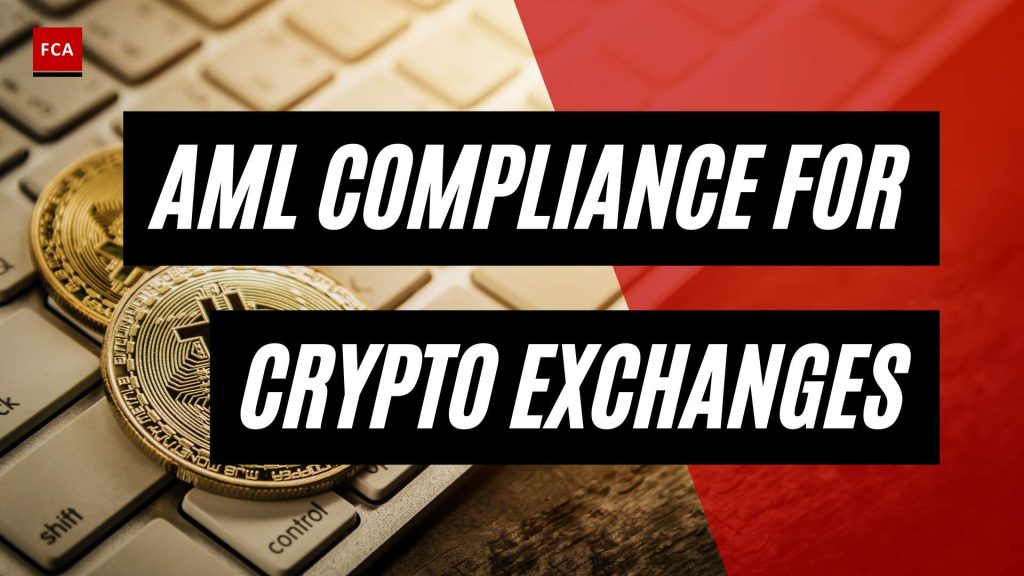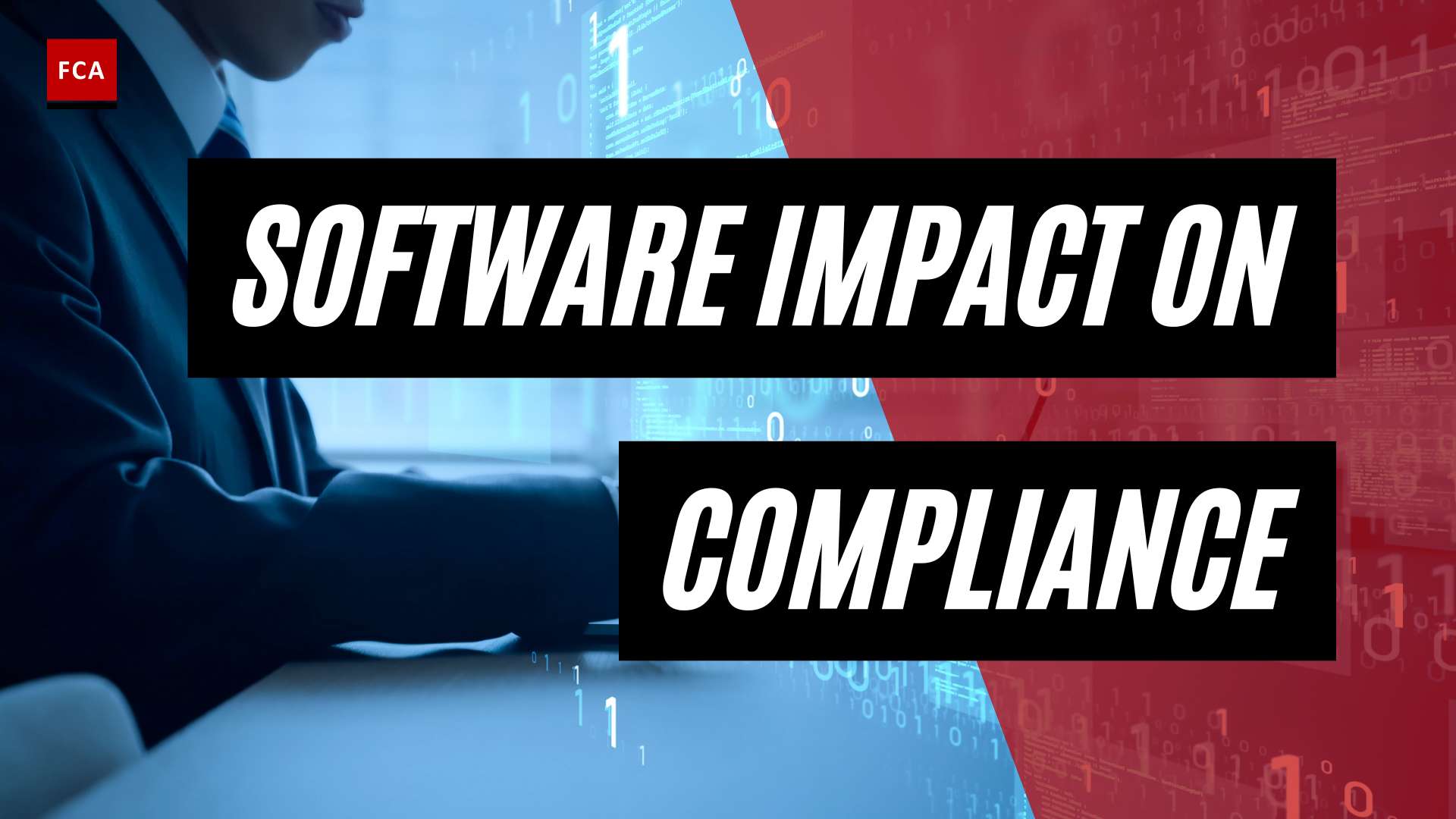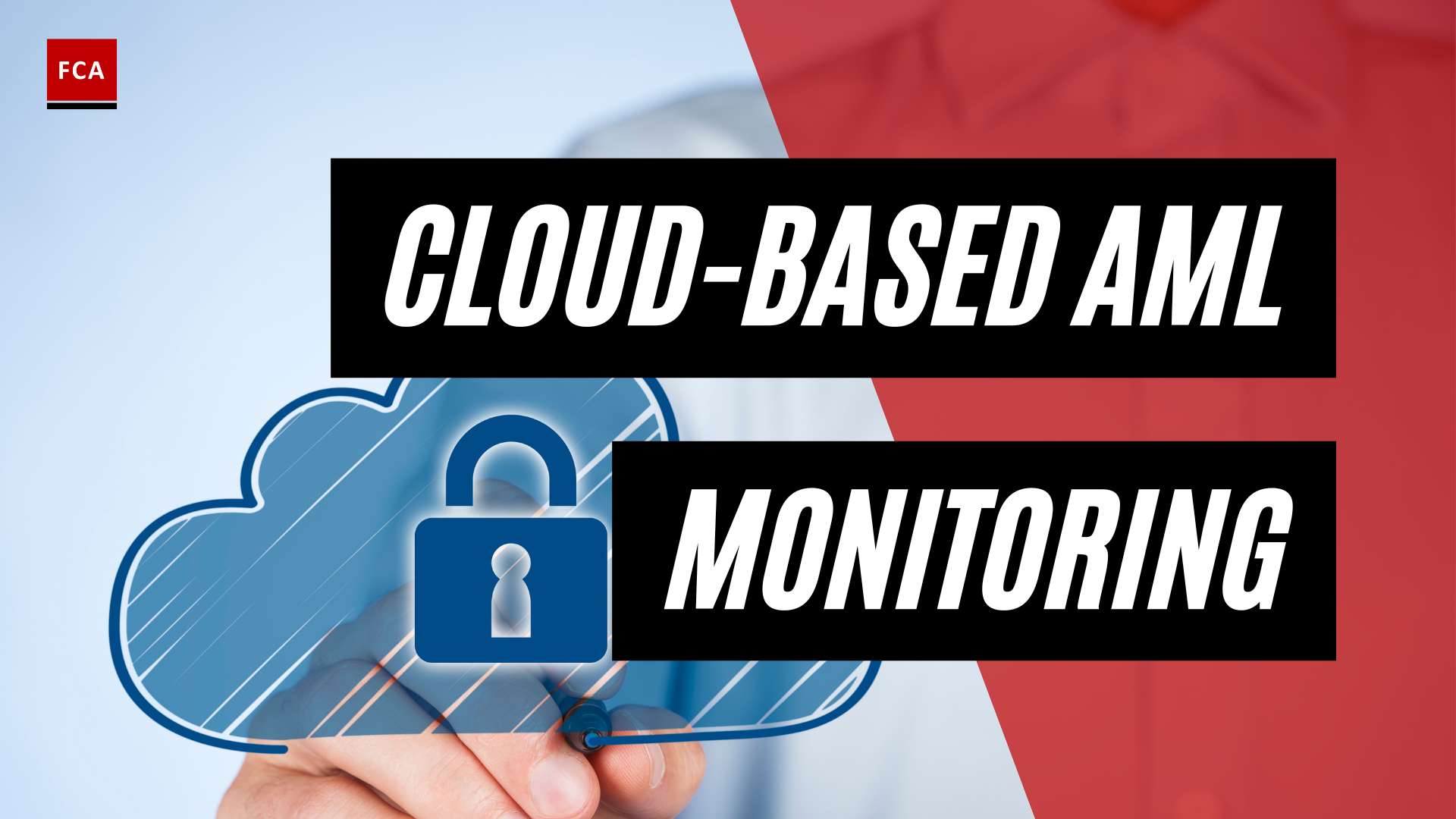AML Compliance in the Crypto Industry
In the evolving landscape of the cryptocurrency industry, ensuring Anti-Money Laundering (AML) compliance is of paramount importance. With the increasing use of cryptocurrencies for illicit activities, regulatory bodies have implemented specific guidelines and regulations to combat money laundering and terrorist financing. In this section, we will explore the fundamentals of AML and the specific regulations that apply to crypto exchanges.
Understanding Anti-Money Laundering (AML)
Anti-Money Laundering (AML) refers to a set of laws, regulations, and procedures designed to prevent the illegal generation of funds and the disguising of their origins. The primary objective of AML measures is to detect and deter money laundering, terrorist financing, and other financial crimes. By implementing robust AML frameworks, organizations can help maintain the integrity of the financial system and protect themselves from reputational and legal risks.
AML Regulations for Crypto Exchanges
Crypto exchanges, as intermediaries facilitating the buying, selling, and trading of cryptocurrencies, play a crucial role in the crypto ecosystem. Recognizing the risks associated with cryptocurrencies, regulatory bodies have imposed AML regulations specific to crypto exchanges. These regulations require exchanges to implement measures to identify and mitigate money laundering and terrorist financing risks.
Some key AML requirements for crypto exchanges include:
Customer Due Diligence (CDD) and Know Your Customer (KYC)
Crypto exchanges are required to conduct thorough customer due diligence and implement robust Know Your Customer (KYC) procedures. This involves verifying the identity of their customers, collecting relevant information, and assessing the potential risks associated with each customer. KYC procedures help prevent the misuse of exchanges for illicit activities and enhance the traceability of transactions.
Transaction Monitoring and Reporting
Crypto exchanges are required to implement robust transaction monitoring systems to detect suspicious activities. By closely monitoring transactions, exchanges can identify patterns that may indicate money laundering or terrorist financing. In case of any suspicious transactions, exchanges must report them to the relevant authorities as per regulatory requirements.
Record-Keeping and Reporting Obligations
To ensure transparency and facilitate regulatory oversight, crypto exchanges must maintain accurate records of their transactions, customer information, and AML procedures. These records should be readily available for inspection by regulatory authorities. Additionally, exchanges are required to submit regular reports on their AML activities to demonstrate compliance with regulatory obligations.
By adhering to these AML regulations, crypto exchanges can help combat illicit activities in the crypto industry and contribute to a more secure and trusted ecosystem. Implementing effective AML compliance programs, such as designing risk-based policies and procedures, providing staff training, and conducting independent audits, is vital for maintaining regulatory compliance. To learn more about the best practices for AML compliance in the cryptocurrency industry, refer to our article on cryptocurrency AML best practices.
In addition to regulatory compliance, technology solutions such as AML screening tools, blockchain analytics, and collaboration platforms can further enhance AML efforts in the crypto industry. These solutions provide advanced capabilities for monitoring and analyzing crypto transactions, detecting suspicious activities, and facilitating information sharing among industry participants. To explore technology solutions for AML compliance in the crypto industry, refer to our article on cryptocurrency AML software solutions.
Risks and Challenges for Crypto Exchanges
Operating in the cryptocurrency space exposes crypto exchanges to unique risks and challenges, particularly in relation to money laundering and terrorist financing. Additionally, navigating the regulatory landscape specific to cryptocurrencies presents its own set of challenges.
Money Laundering and Terrorist Financing Risks
Crypto exchanges face inherent risks of money laundering and terrorist financing due to the pseudonymous nature of cryptocurrencies. Criminals can exploit these characteristics to obscure the origins and destinations of funds, making it challenging to trace illicit activities.
Illicit actors may attempt to use crypto exchanges to convert their ill-gotten gains into cryptocurrencies, which can then be further obfuscated or laundered through complex transactions. The decentralized nature of cryptocurrencies and the potential for cross-border transactions add to the complexity of detecting and preventing these illicit activities.
To mitigate these risks, crypto exchanges must implement robust Anti-Money Laundering (AML) measures, including customer due diligence, transaction monitoring, and reporting obligations. By adhering to these measures and collaborating with regulatory authorities, crypto exchanges can play a vital role in combating money laundering and terrorist financing in the crypto industry.
Regulatory Challenges in the Crypto Space
The rapidly evolving nature of cryptocurrencies poses significant challenges for regulators and crypto exchanges alike. Traditional AML regulations designed for the traditional financial system may not always align seamlessly with the unique characteristics of cryptocurrencies.
Regulatory authorities worldwide are grappling with the need to strike a balance between fostering innovation in the crypto industry and safeguarding against illicit activities. As a result, there is a lack of uniformity in AML regulations for crypto exchanges across different jurisdictions, leading to compliance complexities and potential regulatory arbitrage.
Crypto exchanges must stay abreast of the evolving anti-money laundering regulations specific to the crypto industry. This involves closely monitoring updates from regulatory bodies and adopting proactive measures to ensure compliance. Implementing risk-based AML policies, conducting staff training, and subjecting their operations to independent audits and assessments are crucial steps in navigating the regulatory challenges in the crypto space.
By actively addressing the risks associated with money laundering and terrorist financing, and staying compliant with the evolving regulatory landscape, crypto exchanges can build trust, protect their reputation, and contribute to the overall integrity of the cryptocurrency ecosystem.
For more information on cryptocurrency AML guidelines and industry best practices, refer to our articles on cryptocurrency AML guidelines and cryptocurrency AML best practices.
Key AML Requirements for Crypto Exchanges
To ensure compliance with Anti-Money Laundering (AML) regulations, crypto exchanges must adhere to specific requirements. These requirements are designed to mitigate the risks of money laundering and terrorist financing within the crypto industry. The key AML requirements for crypto exchanges include customer due diligence (CDD) and know your customer (KYC) procedures, transaction monitoring and reporting, as well as record-keeping and reporting obligations.
Customer Due Diligence (CDD) and Know Your Customer (KYC)
Customer due diligence (CDD) and know your customer (KYC) procedures are essential components of AML compliance for crypto exchanges. These processes involve verifying the identity of customers, assessing their risk profile, and collecting relevant information to detect and prevent illicit activities.
Crypto exchanges are required to implement robust CDD and KYC measures to ensure that they have a comprehensive understanding of their customers. This includes obtaining identification documents, verifying the accuracy of the provided information, and conducting ongoing monitoring of customer activities to detect any suspicious transactions.
By following CDD and KYC procedures, crypto exchanges can better identify and mitigate the risks associated with money laundering and terrorist financing. Implementing effective AML monitoring for crypto transactions allows exchanges to promptly identify and report any suspicious activities to the appropriate authorities.
Transaction Monitoring and Reporting
Transaction monitoring and reporting play a crucial role in AML compliance for crypto exchanges. These requirements involve the continuous monitoring of customer transactions to identify any unusual or suspicious activities that may indicate potential money laundering or terrorist financing.
Crypto exchanges should implement robust transaction monitoring systems to detect patterns, trends, and anomalies that may warrant further investigation. This includes tracking the volume, frequency, and nature of transactions, as well as monitoring for any transactions involving high-risk jurisdictions or individuals.
In addition to monitoring, crypto exchanges have an obligation to report any suspicious transactions to the relevant authorities. This helps to facilitate the investigation and prosecution of illicit activities. By promptly reporting suspicious transactions, exchanges contribute to the overall efforts in combating money laundering and terrorist financing within the crypto industry.
Record-Keeping and Reporting Obligations
Crypto exchanges are required to maintain comprehensive records of customer transactions and other relevant data as part of their AML compliance efforts. These records serve as crucial evidence in investigations and audits, helping to ensure transparency and accountability within the industry.
Exchanges should establish robust record-keeping procedures, including the retention of transaction data, customer identification documents, and communication records. These records should be securely stored and easily accessible for regulatory and law enforcement purposes.
Furthermore, crypto exchanges have reporting obligations to regulatory authorities. This includes submitting periodic reports on suspicious transactions, as well as adhering to other regulatory reporting requirements. By fulfilling these obligations, exchanges contribute to the overall efforts in combating money laundering and terrorist financing.
To achieve full AML compliance, crypto exchanges must prioritize the implementation of CDD and KYC procedures, establish robust transaction monitoring systems, and maintain comprehensive records while fulfilling reporting obligations. By adhering to these key requirements, exchanges can help maintain the integrity of the crypto industry and foster a safer and more transparent environment for all participants.
Implementing AML Compliance Programs
To effectively combat money laundering and ensure regulatory compliance, crypto exchanges must establish robust Anti-Money Laundering (AML) compliance programs. These programs consist of various components that work together to detect and prevent illicit activities within the crypto industry.
Designing Risk-Based AML Policies and Procedures
Designing risk-based AML policies and procedures is a critical step in implementing an effective compliance program for crypto exchanges. This involves conducting a comprehensive risk assessment to identify and evaluate the specific money laundering risks associated with the exchange’s operations.
Based on the risk assessment, the exchange can develop tailored AML policies and procedures that address the identified risks. These policies should include measures such as customer due diligence (CDD) and know your customer (KYC) procedures, transaction monitoring, sanctions screening, and suspicious activity reporting. It is important for exchanges to regularly review and update these policies to adapt to evolving regulatory requirements and emerging risks in the crypto space.
Staff Training and Awareness
Ensuring that staff members are well-informed and knowledgeable about AML compliance is crucial in maintaining an effective program. Crypto exchanges should provide regular training to their employees on AML regulations, the exchange’s AML policies and procedures, and the latest trends and typologies in money laundering and terrorist financing.
Training programs should cover topics such as recognizing suspicious transactions, conducting proper customer due diligence, and reporting suspicious activities. By enhancing staff awareness and knowledge, exchanges can create a culture of compliance and empower employees to identify and respond to potential AML risks effectively.
Independent Audits and Assessments
Regular independent audits and assessments are essential to evaluate the effectiveness of an exchange’s AML compliance program. These audits should be conducted by qualified professionals who can assess the exchange’s adherence to relevant AML regulations, the adequacy of its policies and procedures, and the effectiveness of its internal controls.
Audits can help identify any gaps or weaknesses in the compliance program, allowing the exchange to take corrective measures promptly. Additionally, audits provide assurance to regulators, stakeholders, and customers that the exchange is committed to maintaining a high level of AML compliance.
By implementing comprehensive AML compliance programs, crypto exchanges can mitigate the risks associated with money laundering and terrorist financing. These programs play a vital role in safeguarding the integrity of the crypto industry and ensuring compliance with regulatory requirements. To learn more about AML compliance in the cryptocurrency space, refer to our article on cryptocurrency AML guidelines and crypto exchange AML requirements.
Technology Solutions for AML Compliance
As the crypto industry continues to evolve, technology plays a crucial role in helping crypto exchanges meet their anti-money laundering (AML) compliance obligations. To effectively combat money laundering and illicit activities, crypto exchanges can leverage various technology solutions. Let’s explore some of the key options available:
AML Screening and Monitoring Tools
AML screening and monitoring tools are essential for crypto exchanges to identify and flag suspicious transactions and activities. These tools utilize advanced algorithms and risk-based models to analyze transaction patterns, detect anomalies, and generate alerts for further investigation.
By implementing robust AML screening and monitoring tools, crypto exchanges can enhance their ability to identify potential money laundering and terrorist financing activities. These tools not only help in real-time monitoring but also assist in retrospective analysis and reporting as required by regulators. For a comprehensive understanding of AML compliance guidelines in the crypto industry, refer to our article on cryptocurrency AML guidelines.
Blockchain Analytics and Transaction Tracking
Blockchain analytics and transaction tracking solutions are specifically designed to address the challenges posed by the transparent and decentralized nature of cryptocurrencies. These tools analyze blockchain data to trace transactions, identify wallet addresses, and link them to known illicit activities.
By using blockchain analytics and transaction tracking solutions, crypto exchanges can enhance their ability to monitor and investigate suspicious transactions on the blockchain. These tools provide valuable insights into the flow of funds, enabling exchanges to identify potential risks and take appropriate action. To understand the specific AML requirements for crypto exchanges, refer to our article on crypto exchange AML requirements.
Collaboration and Information Sharing Platforms
Collaboration and information sharing platforms facilitate effective communication and cooperation between crypto exchanges and relevant authorities, such as law enforcement agencies and regulatory bodies. These platforms provide a secure environment for the exchange of information, including suspicious activity reports and other relevant data.
By actively participating in collaboration and information sharing platforms, crypto exchanges can contribute to the collective efforts in combating money laundering and other illicit activities. These platforms foster a collaborative approach to AML compliance and help in the dissemination of best practices and emerging trends. For insights into the best practices in cryptocurrency AML, refer to our article on cryptocurrency AML best practices.
Implementing technology solutions like AML screening and monitoring tools, blockchain analytics and transaction tracking, and collaboration platforms empowers crypto exchanges to strengthen their AML compliance frameworks. However, it’s important to note that technology is just one part of a comprehensive AML program. Exchanges should also focus on implementing robust AML policies and procedures, conducting regular audits, and providing staff training to ensure effective AML compliance. For more information on crypto AML audits, refer to our article on crypto exchange AML audits.








